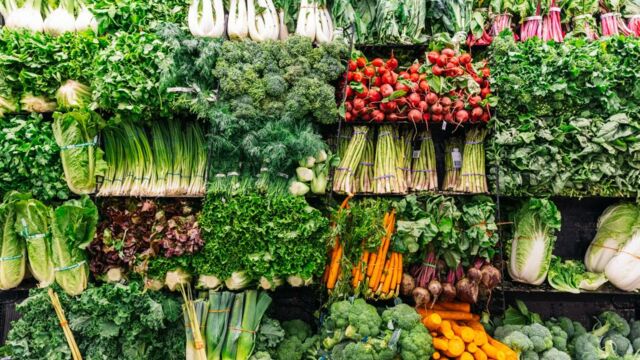Is having a vegan diet as environmentally friendly as you think?

While vegan diet may not be as environmentally friendly as you think, it is still a more sustainable way of eating than diets with animal-protein. Here are the reasons why.
Vegandiet is fast becoming very popular with challenges such as Veganuary seeing people joining in in drives, and also many food chains starting their vegan range. As per The Independentthe number of people practicing veganism has imploded all over the world with millions of people going vegan, but we should not be too quick to link veganism with being always environmentally friendly...
Discover our latest podcast
Issues with production
One of the main reasoning behind the Independent's claims lies on where most of the food that veganism has made popular comes from. It cites the examples of avocados and quinoa, which are imported from Mexico, Kenya and Australia, whose popularity has been creating pricing issues in the very countries where they are produced.
More under this adMore under this ad
Huge water use by some crops
According to Bio Friendly Planet, there are a lot of crops which have become very popular as part of vegan diets, which use a huge amount of water. For example, a single avocado needs 60 gallons of water, which is 4 times the amount needed for oranges.
More under this adMore under this adSimilarly, walnuts, cashews and almonds also need huge amount of water. The popularity of plant-based milks from these crops has also increased the amount of water use.
Plant-based diet still has a smaller carbon footprint
In spite of the problems with some water-guzzling crops, it has been reported by Bio Friendly Planet and The Guardianthat plant-based diet still has a smaller carbon footprint than any diet which includes animal products. As per The Guardian, about 35% of greenhouse gas which is bad for the environment, is caused by food production but the meat industry is responsible for more than twice the pollution caused by fruits, grains and greens combined.
More under this adMore under this ad
Focus needs to be on ‘home-grown’ and locally-sourced food
The Independent cites that a way to circumvent the quagmire of environmentally unsustainable consumption of vegan food, is by focusing on sourcing foods locally.
More under this adMore under this adThe report cites that plant-based diets and consuming foods according to seasonality have been two growing trends. By consuming locally sourced food and seasonally grown produce, you can reduce the carbon foot-print caused by import and transportation of food over long distances.
As The Guardian states that embracing a diet with less-meat is still environmentally beneficial even if one does not become a full fledged vegan. In spite of not being as environmentally friendly as one might expect, plant-based diet is still better for the planet than others.
More under this adMore under this adRead more:
⋙ Tesco’s ‘non-vegan’ oranges are getting the supermarket into hot water
⋙ Vegan: Town to only offer plant-based meals, the first in Europe to sign Plant Based Treaty